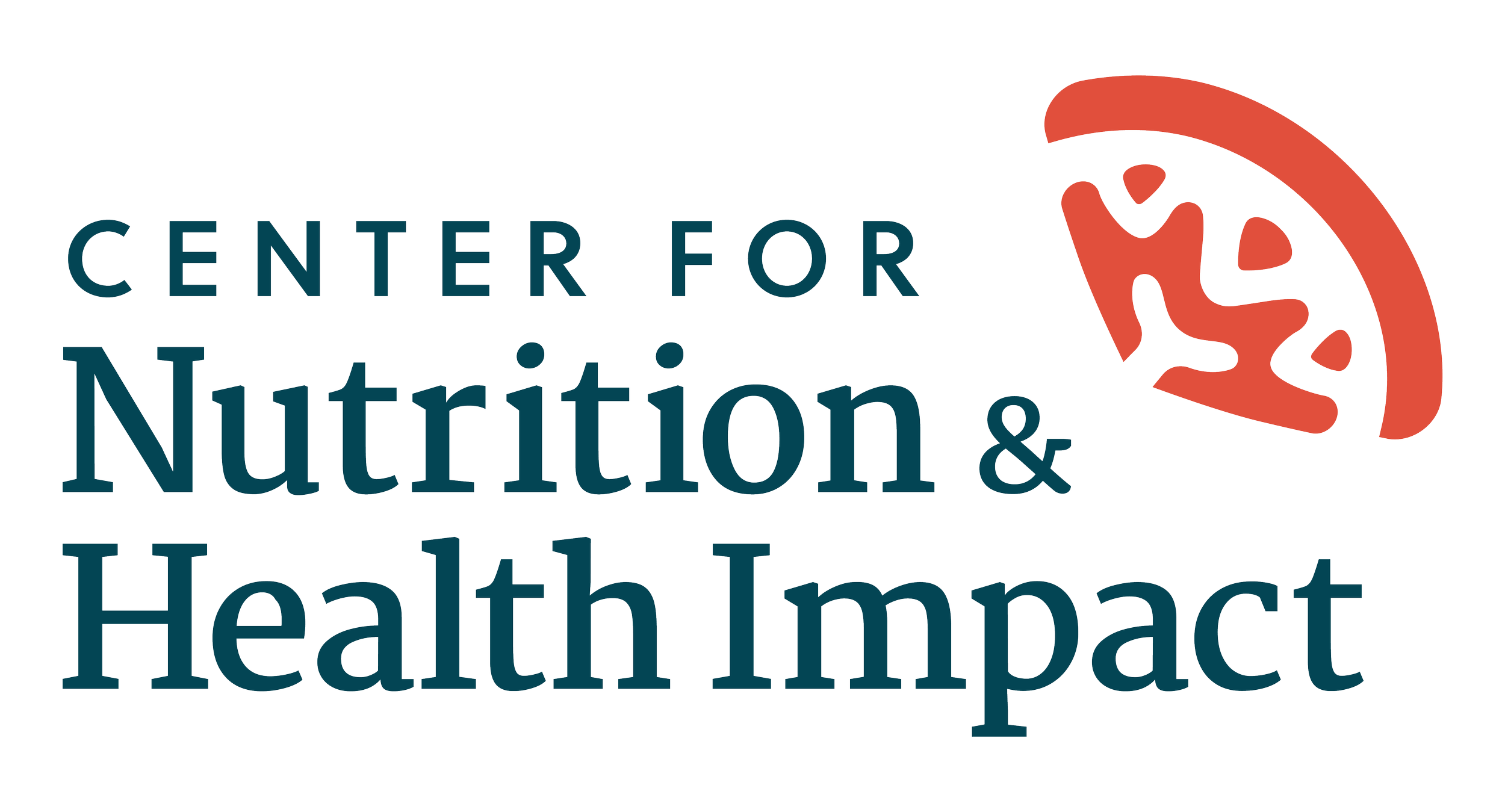Nationally, the Center for Nutrition & Health Impact offers process and outcome program evaluation, including the development and implementation of mixed-methods approaches. We advise on appropriate and feasible theoretical frameworks to build evidence-based plans that are affordable, yet also scientifically rigorous.
You could benefit from our evaluation expertise if you are:
Looking to measure change created by your public health program.
Required by a funder to get a third-party evaluation.
Exploring options for program expansion.
A funder looking to ensure that your investments are having a positive effect on your community.
We understand real-world limitations and will capture data that accurately represent the impact of your work. And you choose how involved you are in the process — a little or a lot, every step of the way.
The types of services we offer include:
EVALUATION PLANNING
Based on your needs, we design a comprehensive project plan that includes a scope of work, timeline, task responsibilities, deliverables, budget and communication strategies.
FORMATIVE ASSESSMENT
We learn the current circumstances in your community — and then use measurement and data to provide planning support by advising on best practices and making recommendations as you build the intervention and measurement strategy.
Needs Assessment/Landscape Analysis: We identify the current state of affairs through literature reviews (of both published work and informal documents), secondary data analysis and primary data analysis prior to determining an intervention and/or action steps.
MEASURES DEVELOPMENT & DATA COLLECTION
We determine the right measurement tools and collection methods that will most efficiently gather the desired data.
- Observational Tools: Observation is an objective way to collect data, especially with populations such as young children. We utilize validated tools when possible and, if necessary, will develop new tools that are piloted to ensure feasibility, validity and effectiveness.
- Key-Informant Interviews: Interviews are conducted to collect in-depth, rich information about an intervention. We develop the interview guide, administer pre- and/or post-intervention interviews, and then develop next steps based on findings.
- Surveys: We design and administer surveys using the most efficient process possible with electronic and/or hard-copy formats.
- Focus Groups: We design focus group guides, recruit participants, and facilitate both in-person and virtual sessions.
- Cognitive Testing: We develop interview guides and conduct interviews to cognitively test surveys for understandability, readability and feasibility with a priority population prior to data collection.
DATA ANALYSIS
We pride ourselves on high-quality qualitative and quantitative data analysis and interpretation. Our research scientists are well-versed in analytical methods, and when appropriate we have a team of expert statisticians we leverage from across the country. We can advise on all phases of data analysis, from development of the measurement to final reporting. In addition to analyzing primary data we collect ourselves, we are also skilled in conducting secondary data analysis from large nationally collected datasets.
DELIVERABLES
Data are best when they are shared. We will work with you to communicate findings to your audiences in the most appropriate and palatable form. Samples can be provided upon request.
- Full Technical Report: A complete report including a brief executive summary, background and rationale, methods, findings and conclusion – with an emphasis on recommendations and next steps.
- Brief Report: Used when a full technical report is not necessary. Applicable for quarterly reports, quick-turnaround findings to inform an interventions, or interim reports prior to full reports.
- Communication Piece for Partners: Visually appealing and graphically designed pieces that depict study findings in a “cut-to-the-chase” manner and can be easily shared. Can include one-pagers, infographics, talking points or presentation slides.
- Manuscripts for Publication: Academic articles written for submission to peer-reviewed journals that contribute to the scientific literature base.
- Tailored Presentation: In-person or virtual presentation following the same structure as the technical report. Presentations can be tailored to audience including community members, staff, advisory boards, or funders.
- Scientific Conference Presentation: Poster or oral presentation at a conference to share results and receive feedback from the scientific community.
- Mapping: Using ARC-GIS, data can be mapped as it relates to geographic locations.
SPECIALTY SKILLS
- Developing and/or modifying survey items and testing for validity and reliability
- Developing and modifying techniques specific to diet and physical activity assessment
- Delivering and evaluating technical assistance
- Conducting quantitative menu analysis
- Evaluating policy advocacy campaigns
- Measuring early care and education obesity prevention efforts, including Nutrition and Physical Activity Self-Assessment for Child Care (NAP SACC) and Environmental and Policy Assessment and Observation (EPAO) data analyses
To learn more, check out our work.






